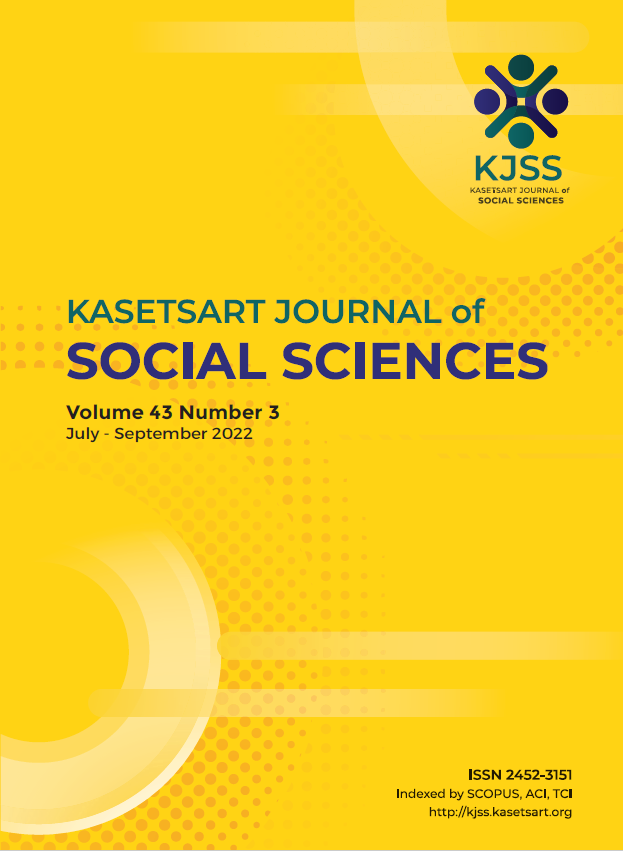Impacts and constraints on implementing e-certification policies in Indonesia
Keywords:
e-certification, electronic certification office, implementation, policy, the national cyber and crypto agencyAbstract
Electronic certification (e-certification) is an implementation of information technology developed to improve various services, including license issuance, correspondence between agencies, exchange of information, and other public services. In Indonesia, the Electronic Certification Office (ECO) of the National Cyber and Crypto Agency (NCCA) manages e-certification for government agencies. This study aimed to describe the impact and constraints of implementing government policies in e-certification led by ECO. This study adopted the mixed method of qualitative and quantitative approaches. Sources of qualitative data were collected from informants. This study selected the informants based on their relevant knowledge or experience related to the subject. There were six informants from ECO and other offices in NCCA and four informants from other institutions who participated in the interviews. To support qualitative results, quantitative data and information were obtained from other relevant government agencies. The implementation of the e-certification policy has had positive impacts including, the impact on reducing the counterfeiting of information in digital documents, preventing corruption and bureaucratic efficiency. However, the implementation of these policies also had constraints, including limitation of ECO authority in managing the required resources, insufficient human resources, and responsibility overlapping. This study recommends the need for harmonization and synchronization of e-certification policies with other relevant laws and regulations, the need to strengthen organizational capacity, resources, utilize social media for widening the customer base and improve services according to national standards.
Downloads
Published
How to Cite
Issue
Section
License

This work is licensed under a Creative Commons Attribution-NonCommercial-NoDerivatives 4.0 International License.
This is an open access article under the CC BY-NC-ND license http://creativecommons.org/licenses/by-nc-nd/4.0/










